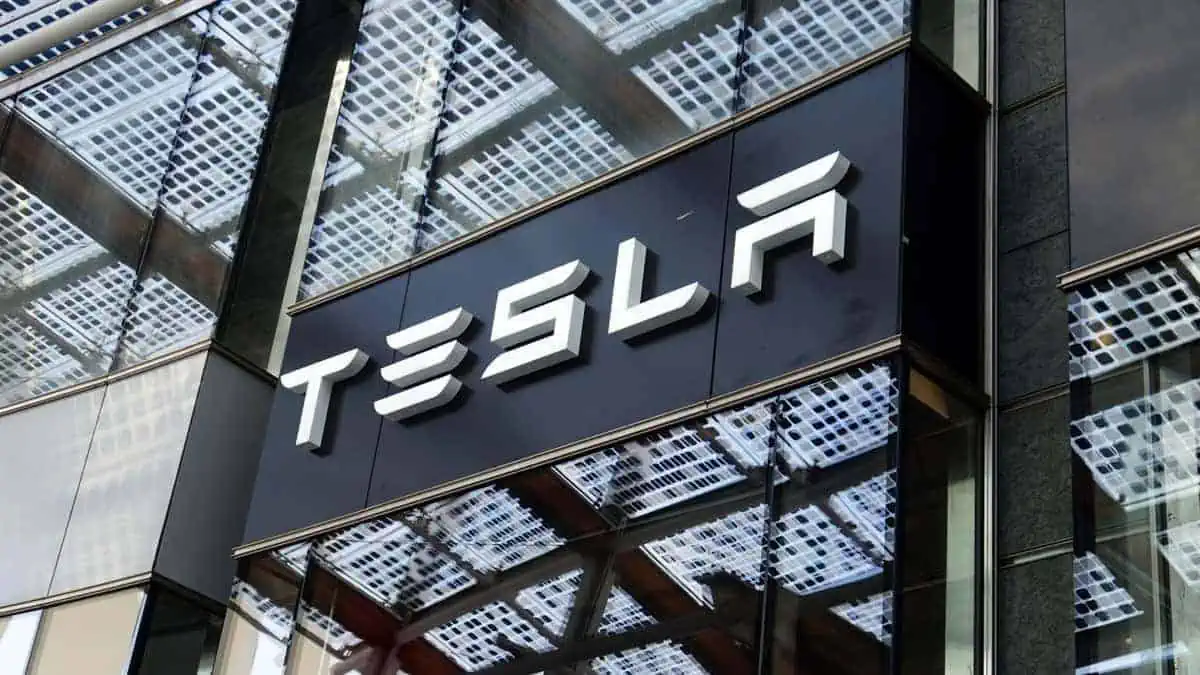Sono Motors, the German EV startup, is proud to announce that its upcoming Sion solar-supplemented EV reached 20,000 direct consumer reservations. This recent automobile technology is believed to rarely or never cost a driver anything to “fuel” if not used much, according to Green Car Reports.
Sono Motors is an electric vehicle startup whose goal was to create and market a relatively affordable solar electric hatchback that would effectively democratize solar EVs in a way other manufacturers have not been able to do up to this point.
The Sion, which Valmet Automotive will manufacture in Finland beginning in the first six months of 2023, has the potential to be the first solar-electric car “for the masses” worldwide, according to Sono.
Remarkably, the Sion’s “net sales price point” is just 25,126 euros ($25,000)) after subsidies in its home market, while it costs 29,900 euros ($29,700) prior to that. Over the course of seven years, the business intends to produce 257,000 of them.
Sono debuted production-ready Sion in July. Impressively, the exterior and interior design have been upgraded compared to prior prototypes. Its door handles, back fascia, headlights, taillights, and charge ports are also improved. The interior’s layout was modified to make more room, and new seats and a different-styled steering wheel were installed.
Technically, the Sion can add 152 miles of range in perfect conditions from its 456 solar half-cells, or an average of 70 miles per week. With those specifications, it can potentially charge up its 54-kWh lithium-iron-phosphate (LFP) battery pack to 190 miles of range. Impressively, it can also serve as a home power bank with 11 kW of AC bidirectional capabilities and 75 kW of DC rapid charging.
Although Sion is not the only automobile that uses solar power, it stands out for being the only mass-produced model that employs every body panel for solar power.
Additionally, the Sion is remarkable because it adopts a design that traditional automakers have been reluctant to produce. It is equipped with solar supplementation, a tall body, and a wide cabin that would make it ideal for ride-hailing despite its affordability.
At the IAA Transportation show in Hanover, Germany, Sono is expected to discuss this technology and display more solar-integrated prototypes, including refrigerated trailers, e-buses, and e-transporters. In retrospect, Sono first introduced its Solar Bus Kit in July, calling it “a standardized, scalable retrofit solution for diesel buses.”
On the other hand, there are only a few affordable EV options in the US, and most of these lower-priced EVs are hardly cutting-edge technologically. Fortunately, this might alter due to the supply chain modifications brought on by the revised EV tax credit.
Having said that, it would be feasible that a later model from Sono will be successful in the United States if no other firm steps forward, even though Sono admitted to Green Car Reports in 2019 that the initial car was exclusively created for Europe to reduce development costs.
Nonetheless, the 20,000 reservations for Sona’s $30,000 Sion solar EV are a significant success for the company. According to Sono Motors, all 20,000 private reservations have been paid, with the average down payment roughly €2,000. However, some customers have already paid significantly higher than the €25,126 net asking price. Although production is still a year away, it is expected to begin in the second half of 2023.






